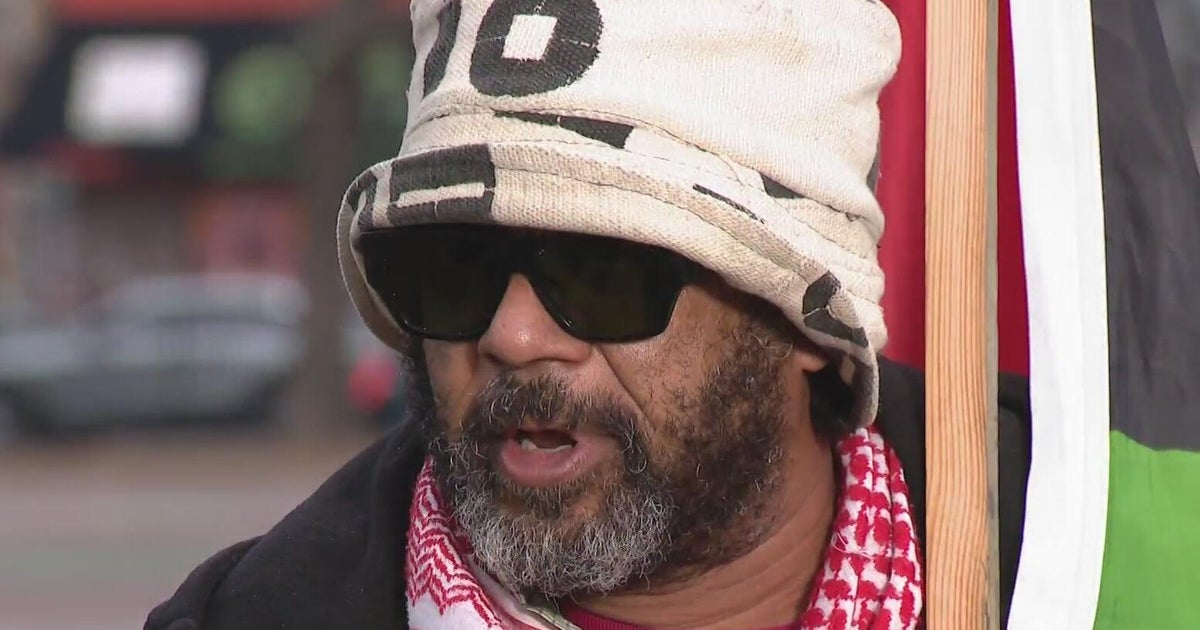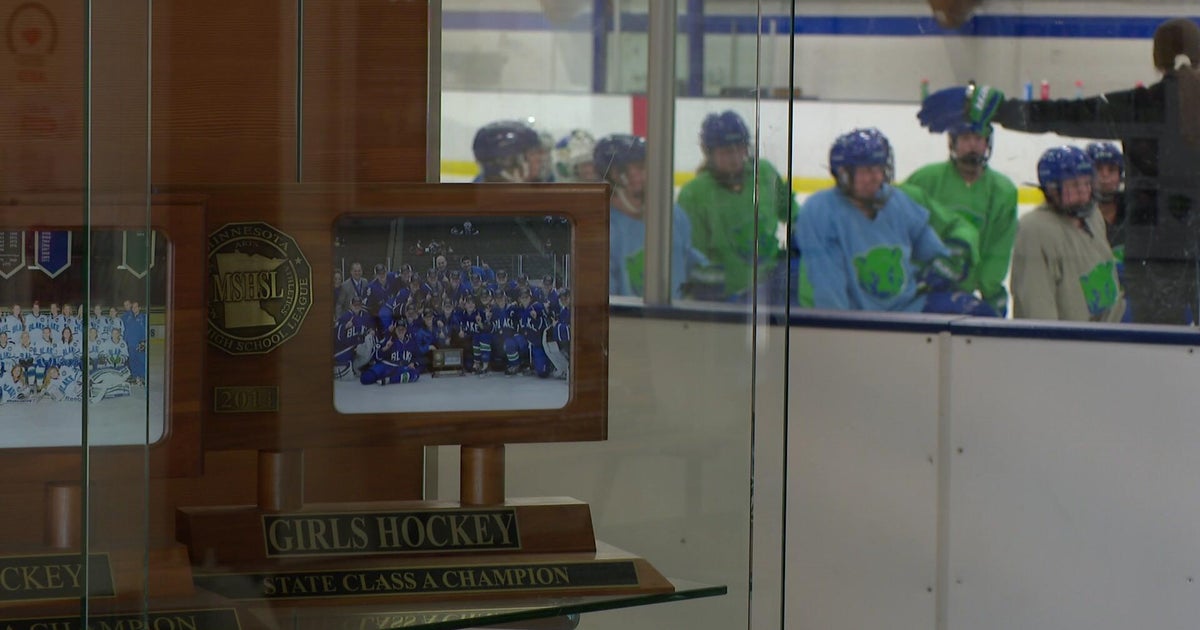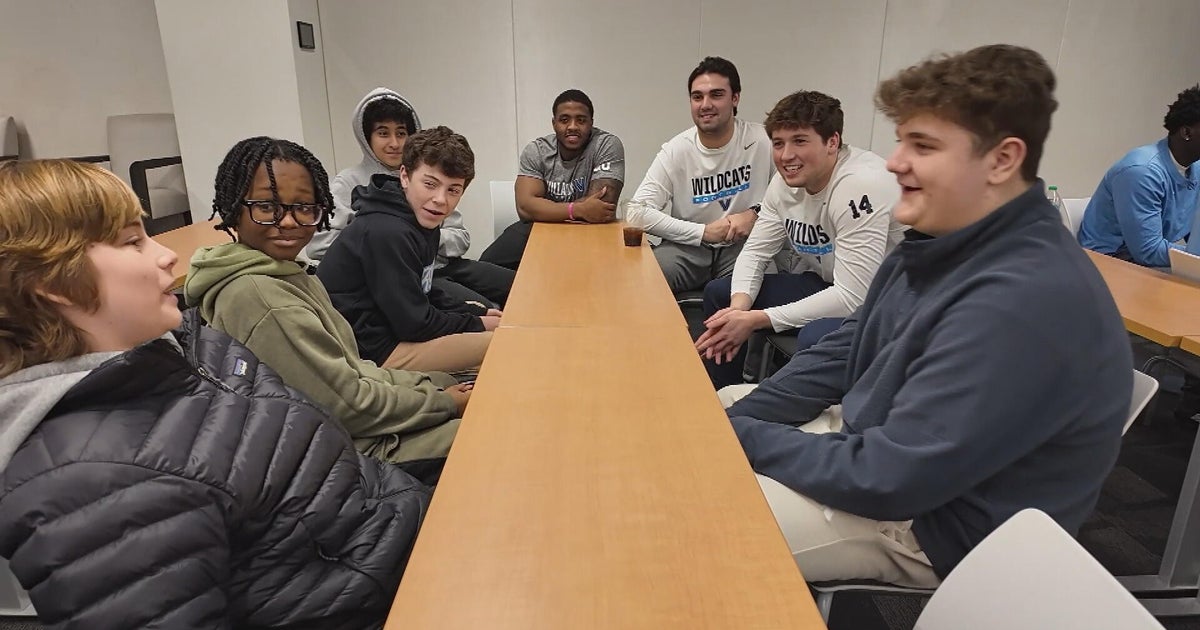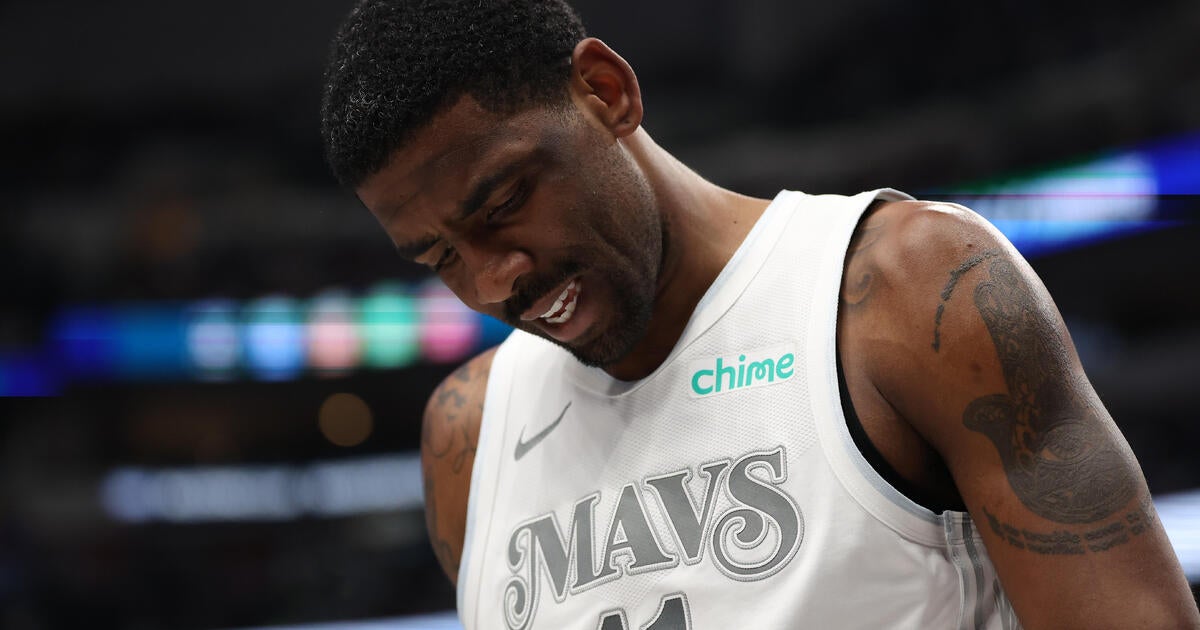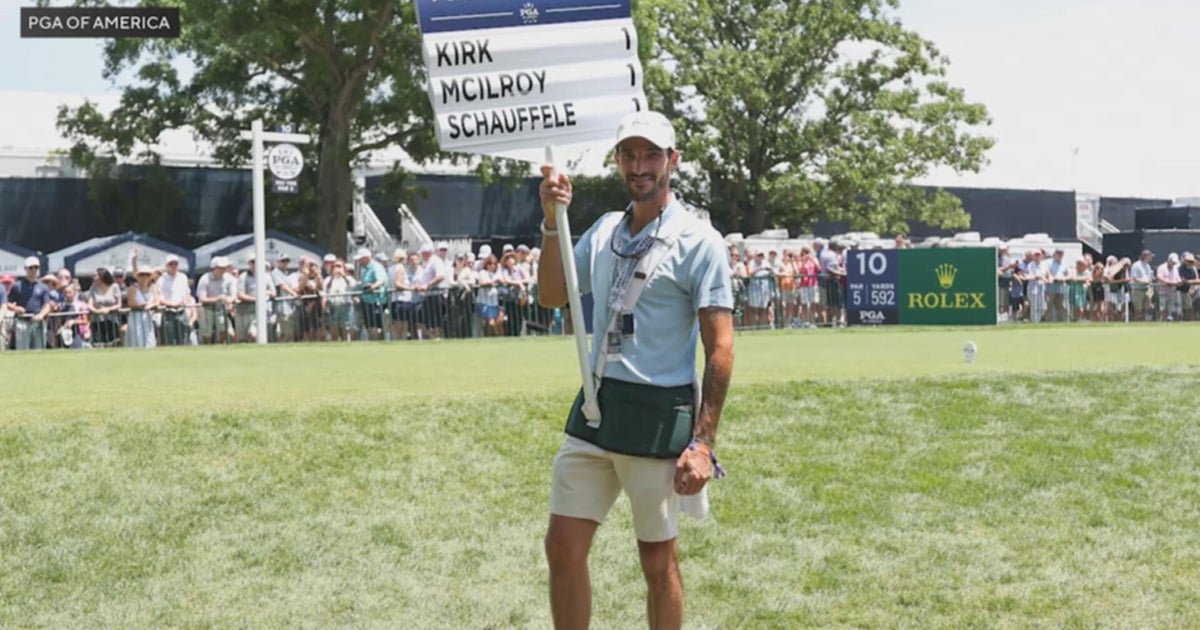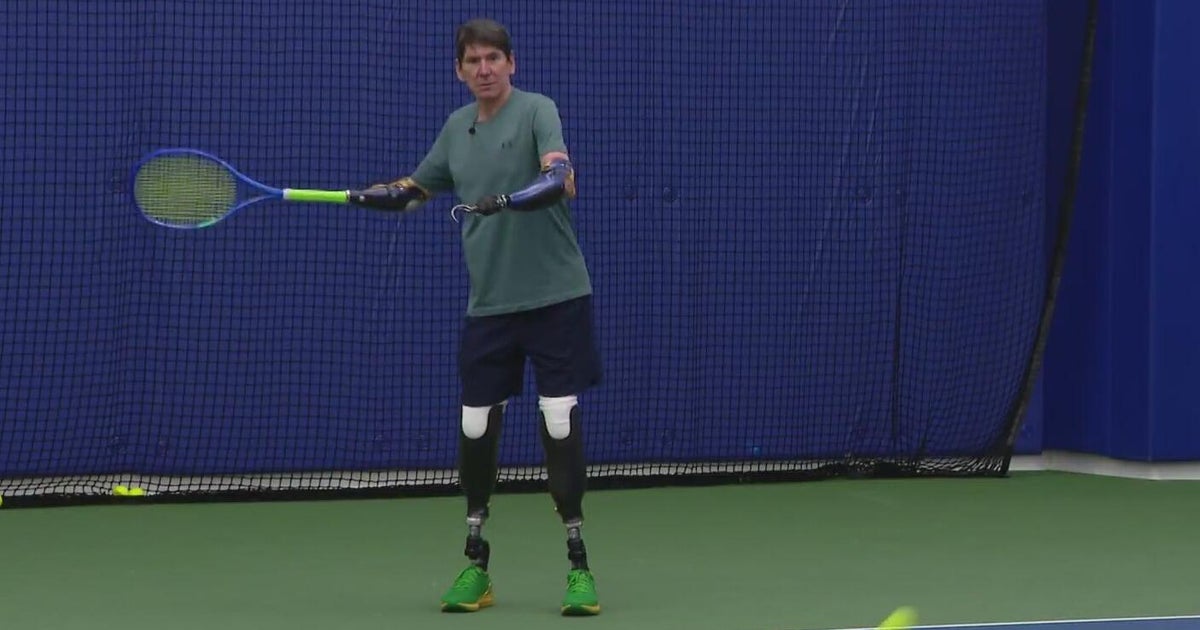Keidel: Great Athletes Don't Always Make Great Champions
As we reach the NBA's All-Star weekend, with the festival hosted at Staples Center, it's a good chance to thumb through one of the home teams.
There's been ample uproar from fans over the Los Angeles Clippers trading Blake Griffin to the Detroit Pistons this month. Naturally, it makes the latter better and the former less relevant.
But how much so? Does it signal another dark age for the Clippers, or do we attach special sentiment to athletically brilliant players who don't really lead teams to titles? For years, Griffin has been a popular player who owns the highlight reels by defying gravity with his space-age dunks. He's big, strong, and absurdly talented. But did Blake Griffin ever make the Clippers contenders?
Coupled with the trade of Chris Paul -- another player whose championship potential has been questioned -- the Clippers have officially dismantled and have jammed the reboot button. So there should be some sadness tied to it. But Blake Griffin has always been more cosmetic than commanding. Surely he's not just a piece on a good team. He's an All-Star who can win rings as the second or third-best player on an NBA club. But Griffin was never a franchise player.
And it speaks to a larger dynamic, long embedded in basketball fans. We've marveled at uncanny offensive talents, from George Gervin to Dominique Wilkins to Tracy McGrady to Carmelo Anthony, players who fill nets and stat sheet with points, but are always on vacation well before Memorial Day.
Remember when Allen Iverson was dealt to Denver and teamed with Melo? All the rings they were to win together? How'd that go? That's not to say we shouldn't be fans of all these marvelous players simply because they don't win or wear rings. But there seems to be a chasm, a disproportionate sense of love and loyalty based on projection, on qualities that simply aren't there.
>>MORE: Commentary from CBS Local Sports Voices
Russell Westbrook had an individual season for the ages last year, joining Oscar Robertson as the only players to average a triple-double over 82 games. Then they got bounced from the playoffs and watched Westbrook's old (and former?) friend Kevin Durant win the NBA title.
The rare exception to this hardwood algorithm is Michael Jordan. Jordan wasn't just the sport's best offensive player, but also the best defensive one, playing with a maniacal mien that led to victory and MVP honors in all six trips to the NBA Finals.
Part of it is a function of youth. As kids we like the shiny thing, and the splashy athlete, the ones who make moves that leak into our dreams. It's more fun to talk about the poster-worthy dunk than the perfectly placed bounce pass. Youngsters also hate to hear opaque terms like, "making your teammates better." We can't quantify it, but we know it when we see it, and we see it every June, in the NBA Finals.
Browse through the history of scoring champions -- with Jordan being the exception to every metric, leading the NBA in scoring 10 times -- and you'll see those champions almost never brought home a Larry O'Brien Trophy. Gervin won four scoring titles, never won an NBA ring with them. Likewise with Adrian Dantley, who won two. Fast-forward to Iverson, who won four, yet no rings. In his defense, Iverson shouldered the entire 76ers squad to an NBA Finals, but got smoked by the Lakers. Similarly, McGrady won two scoring titles, but no rings.
Kobe Bryant won five NBA titles, but won none during the two years he led the NBA in scoring. Russell Westbrook has likewise led the league in scoring twice, but has yet to play in an NBA Finals. Kevin Durant won four scoring championships, but had to flee OKC, score fewer points, to win a ring in Oakland.
That's why the wiser players and pundits don't compare LeBron James to Jordan. LeBron is way more Magic than Michael. James is a passing genius who sees the court in more dimensions than most. In case you're wondering, LeBron won one scoring title, and did not win a ring that year (2007-'08).
Just as pro athletes don't really appreciate the nuances of winning until they've barreled through the individual awards and become obsessed with championships, fans don't have similar aesthetic appreciation for the winning player over the flashiest player until we enter our 30s. Why do we yawn over the All-Star Game? Because it's 48 minutes of offense, no defense, and none of the selfless, breathless play you will see in an NBA Finals.
Pro basketball is a beautiful game played by perhaps the most physically gifted humans on the planet. And while we love winners, we just don't understand what it takes to win until we reach NBA retirement age. There's a historical line between who wants to look great and who wants to be great. There's a reason great athletes don't always make great champions. And the answer often rests not in their limbs, but between their ears.
Jason writes a weekly column for CBS Local Sports. He is a native New Yorker, sans the elitist sensibilities, and believes there's a world west of the Hudson River. A Yankees devotee and Steelers groupie, he has been scouring the forest of fertile NYC sports sections since the 1970s. He has written over 500 columns for WFAN/CBS NY, and also worked as a freelance writer for Sports Illustrated and Newsday subsidiary amNew York. He made his bones as a boxing writer, occasionally covering fights in Las Vegas, Atlantic City, but mostly inside Madison Square Garden. Follow him on Twitter @JasonKeidel.

